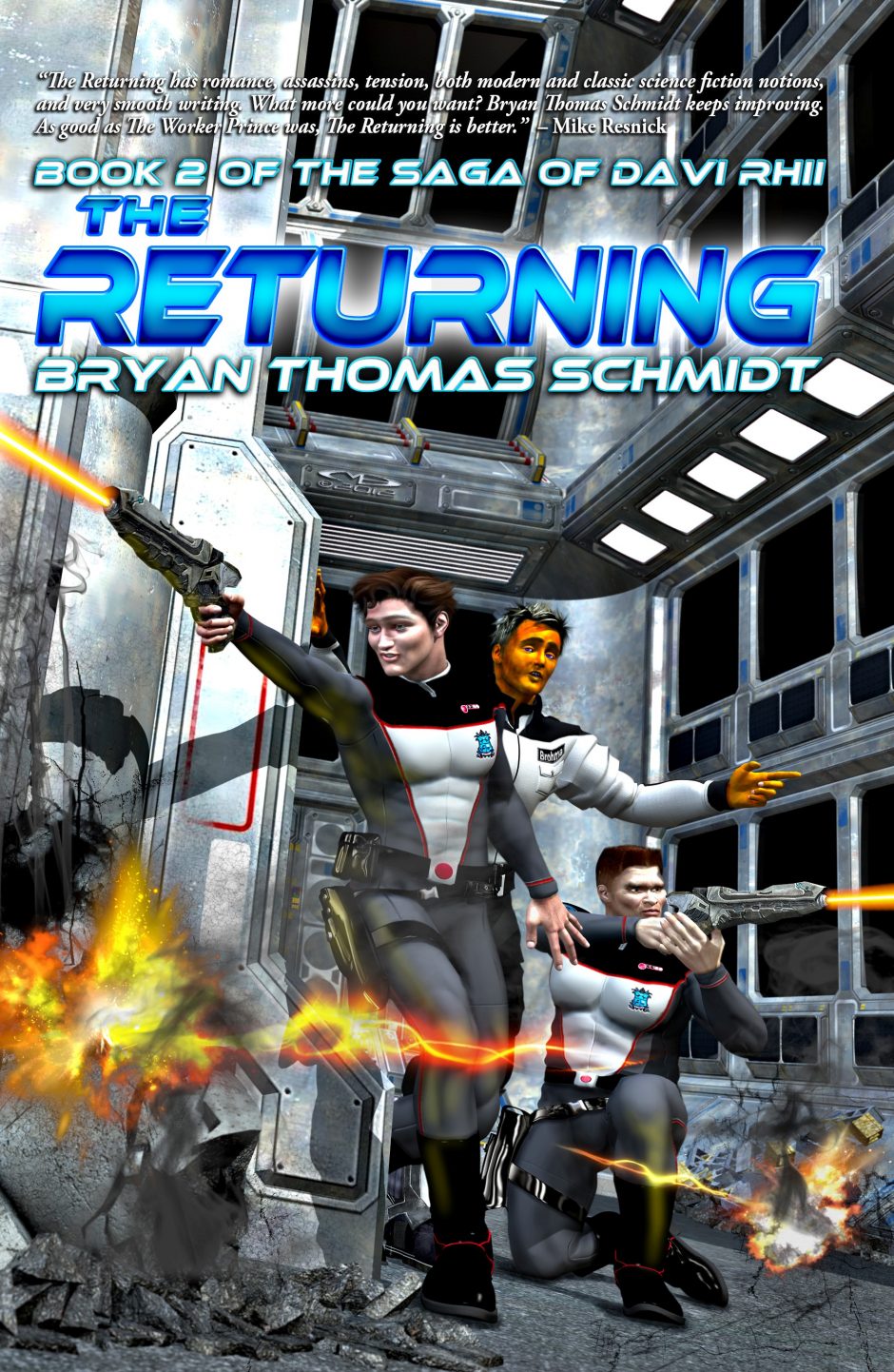There’s always going to be as many different approaches as there are different types of writers. It’s a fact one must accept, despite any strong opinions an author my hold on various publishing & writing related subjects. The furor this past week over the whole “paid reviews” scandal and John Locke’s How I Sold One Million E-Books In A Month is just a sign of the realities. For many authors, writing is an art and integrity is the goal and of high importance. For others, those who buy into the fairly common myth that all authors are rich, writing is a means to fame and fortune. They want to get rich. Writing a quality book is secondary as long as people buy what the put out there. Others lie somewhere in between. Wherever you are on that scale, it’s easy to be frustrated by the many pitfalls and struggles one faces on the writing journey. And when someone seems to take an unethical short cut to get there, it can make you mad.
Paying for reviews has been around for a while. Library Journal, Kirkus, and Publisher’s Weekly allow people to pay to have books reviewed under certain circumstances: 1) it’s three months past release date; 2) it’s self-pubished. There are others which you can find on their websites under Review Policies. But there’s a big difference between paying for their time and attention to your book (they are not cheap in what they ask, mind you) and paying for a guaranteed outcome. Paying for five star reviews is something that’s about dishonesty and cheating. Paying for the time of respected review sites which are swamped and by which association–good or bad review–your book will draw more attention, that’s the reality of the marketplace. So while paying for reviews isn’t new, the trend toward buying success definitely is and it’s quite disconcerting.
Reviewers, like editors, bookstore staffs and publishers, are gatekeepers. What happens when it becomes public knowledge that the keys to the gate can be purchased? For those who count on gatekeepers to weed out the wheat for the chaff, how will they know where the lines of quality expectations are drawn? Admittedly one of the issues with the rise of self-publishing and POD is that sometimes really good books get mixed in with a whole lot of low quality crap. There are no gatekeepers and it’s way too easy, so some people write their book and rush it onto the market with no money or time spent on editing, quality art, etc. These are not artists, these are capitalists. And so the reader and book buyer is left looking for a way to be sure they spend their limited budget wisely, especially in the current climate. And gatekeepers provide one trusty way to at least cut down the odds that you’ll be buying crap. There’s no guarantee that you’ll like every book you buy from such professionals, but you can at least be sure someone who makes their money warding the gates took a look and signed off on it. You can expect certain standards of editing, layout, art, etc. And for many, those things are indeed a comfort.
So the saddest possible outcome of scandals like this “buy a good review” outbreak is the loss of trust readers may develop in gatekeepers which, in the age of self-publishing and POD, are becoming even more important than ever. Book bloggers are going to play a big role in the future as the publishing industry model changes. This is especially true for independent authors and small presses who don’t have mega-corporate budgets for marketing and must rely on word of mouth. You need reviewers in whom readers place their trust and confidence to help spread the word about your books. If readers begin thinking all reviewers can be bought, you’ll be in big trouble. This is something you should think about long and hard before buying a review. Because the long term impact on the market could be staggering.
But another sad reality is the pressure some may feel to compromise their integrity and beliefs because “that’s what you have to do to make it.” From fellow authors to small presses, if the trend continues, pressure may grow to participate in buying reviews. As New York trade houses cut their staffs and buy less books by new authors, newcomers may find POD and self-publishing is the best way to open the door. But without marketing, they stand no chance to succeed. If buying reviews is the only option or what works, many many put aside their ethical questions to “go with the flow.” And that would be unfortunate, because such decisions can lead all kinds of places, most especially to regrets about what one can never undo.
I think integrity still matters in life and in writing. Readers who know you continue to sweat over your words and put out quality stories, characters, etc. will wait, despite the length of your process, anticipating your next book with excitement. The integrity of your process may frustrate their patience but it won’t disappoint their sense of respect for you as long as the books are worth the wait. There’s still value in remembering who you are doing it your way. No matter what pressures arise in a culture of cheating like the one that seems to be arising around buying reviews and all kinds of other aspects of publishing. If it truly gets to the point that people of integrity have no place in publishing or in society, we’re in big trouble. We’ve already seen major repercussions of that around the world.
So despite the claims of those who would buy their way to the top, I would still remind and urge fellow writers to Do It Your Way, be yourself. It’s okay to say “No, that’s not for me.” It’s okay to separate wrong from right. It’s okay to pursue dreams with a moral compass and do the right thing. It’s still okay to believe in art.
For what it’s worth…
 Bryan Thomas Schmidt is an author and editor of adult and children’s speculative fiction. His debut novel, The Worker Prince(2011) received Honorable Mention on Barnes & Noble Book Club’s Year’s Best Science Fiction Releases for 2011. A sequel The Returning followed in 2012 and The Exodus will appear in 2013, completing the space opera Saga Of Davi Rhii. His first children’s books, 102 More Hilarious Dinosaur Books For Kids (ebook only) and Abraham Lincoln: Dinosaur Hunter- Lost In A Land Of Legends (forthcoming) appeared from Delabarre Publishing in 2012. His short stories have appeared in magazines, anthologies and online. He edited the anthology Space Battles: Full Throttle Space Tales #6 (2012) and is working on World Encounters and Space & Shadows: SpecNoir with coeditor John Helfers, both forthcoming. He hosts #sffwrtcht (Science Fiction & Fantasy Writer’s Chat) Wednesdays at 9 pm ET on Twitter and is an affiliate member of the SFWA.
Bryan Thomas Schmidt is an author and editor of adult and children’s speculative fiction. His debut novel, The Worker Prince(2011) received Honorable Mention on Barnes & Noble Book Club’s Year’s Best Science Fiction Releases for 2011. A sequel The Returning followed in 2012 and The Exodus will appear in 2013, completing the space opera Saga Of Davi Rhii. His first children’s books, 102 More Hilarious Dinosaur Books For Kids (ebook only) and Abraham Lincoln: Dinosaur Hunter- Lost In A Land Of Legends (forthcoming) appeared from Delabarre Publishing in 2012. His short stories have appeared in magazines, anthologies and online. He edited the anthology Space Battles: Full Throttle Space Tales #6 (2012) and is working on World Encounters and Space & Shadows: SpecNoir with coeditor John Helfers, both forthcoming. He hosts #sffwrtcht (Science Fiction & Fantasy Writer’s Chat) Wednesdays at 9 pm ET on Twitter and is an affiliate member of the SFWA.


